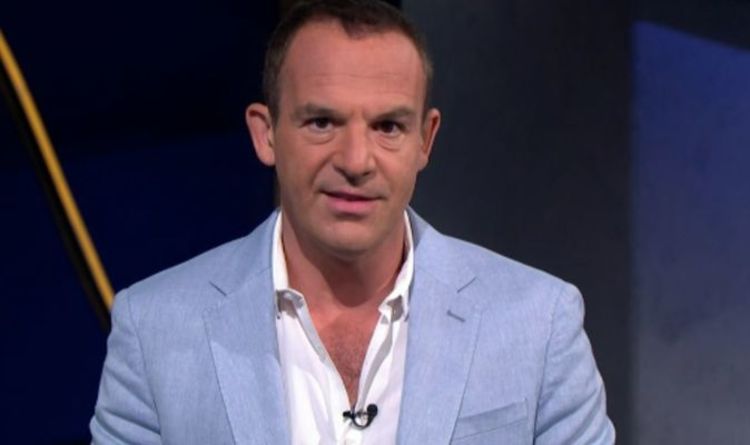
Martin Lewis is well-known for helping Britons with their money-related questions and queries, and tonight proved no different for the financial expert. He focused on two new ways banks are protecting their customers, cracking down on the widespread issue of fraud. The first comes as the contactless card limit is increasing to £100 in just a couple of weeks. While the payment method is seen as convenient, some are worried about the potential for their card to be stolen and used without the need for a PIN number.
Martin, however, explained that some banks would be offering Britons the chance to set their own limit for contactless payments.
He said: “Halifax, Lloyds, Bank of Scotland and Starling [are offering the flexible limit]. You can do it via the app or using your phone.
“Quite interestingly, a lot of the others will let you turn contactless off, or alternatively give you a card that isn’t contactless.
“It’s an issue which is quite split, so people do need the controls if they do not want to go up and risk the money on that one.
READ MORE: Pension savers warned of ‘nasty surprise’ with huge tax bill
Similarly, Philip Robinson, personal current accounts, payments and fraud and financial crime director at the banks, also offered his insight.
He said the group had listened to customer feedback which drove its decision to introduce the contactless card choice option.
This, Mr Robinson stressed, would allow Britons to make the most of the £100 limit “in a way that works for them”.
However, on his Money Show this evening, Martin also took the time to highlight another step which is being taken by banks to protect their customers from falling victim to fraud.
This is a new banking number which essentially offers a hotline to receive help and confirmation if it is required.
He explained: “If you need to call your bank, now you can just call 159, which is in a diagonal. This is a pilot scheme to give people a way to check calls are for real. Most banks and certain telecom firms will do it, however not all of them will be offering it.
“What they’re really saying is if you get a call from someone where you’re not sure if it is your bank or not, and you’re worried, you can just dial 159 in return – that is the number.”
However, Martin urged particular caution for Britons, even with this new number in place to check the legitimacy of calls.
This is because some sophisticated scammers can spoof a dialling tone to make individuals think they are calling their bank, but can use this to further defraud unsuspecting individuals.
While there is not an official way around this unscrupulous technique, Martin did stress a number of options to consider if finding oneself in this situation.
He concluded: “What I would do is try to dial 159 on another phone first. Or you could call a friend first.
“If you call your friend and the person says ‘Hello, Barclays!’ you would know that you are on to a scammer. Or, you could just wait, wait for 20 minutes and that would be a good way through.”
Martin Lewis is the Founder and Chair of MoneySavingExpert.com. To join the 13 million people who get his free Money Tips weekly email, go to www.moneysavingexpert.com/latesttip

